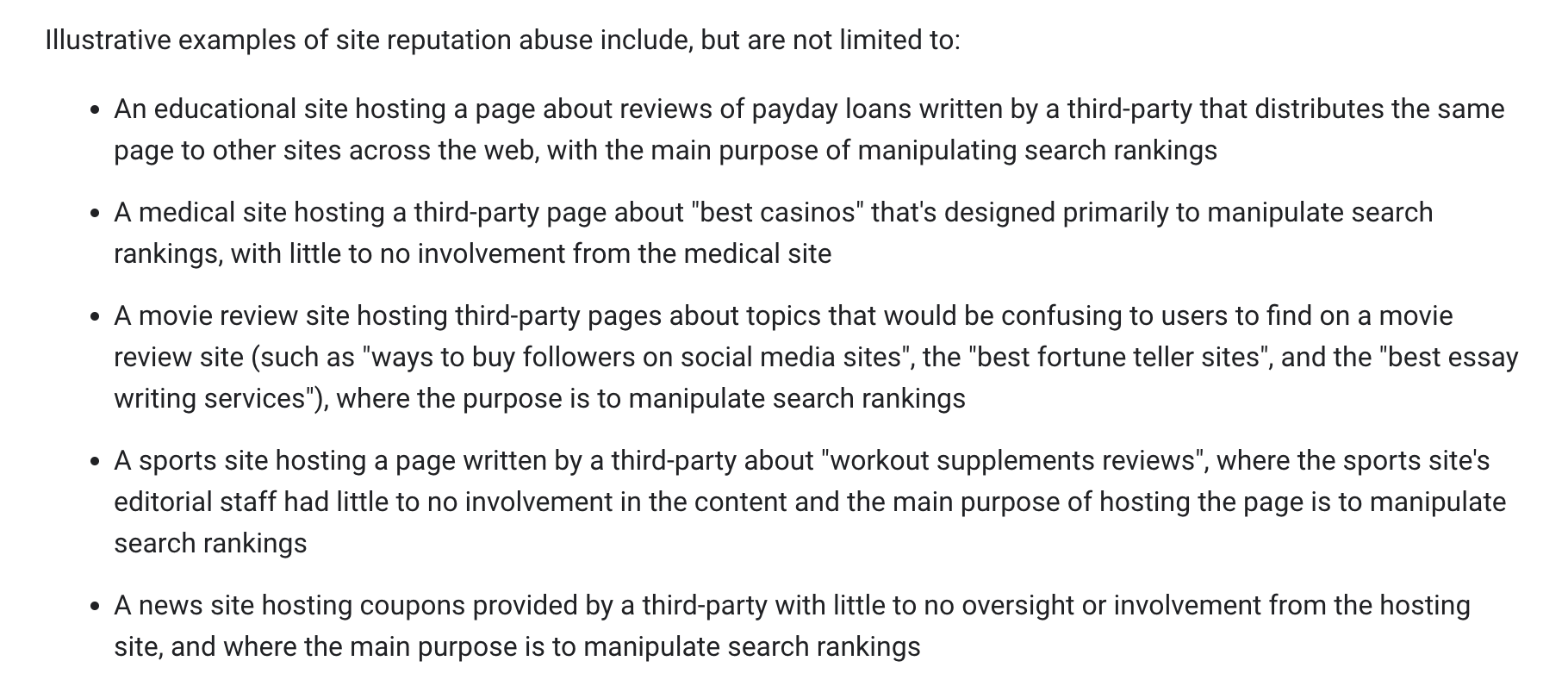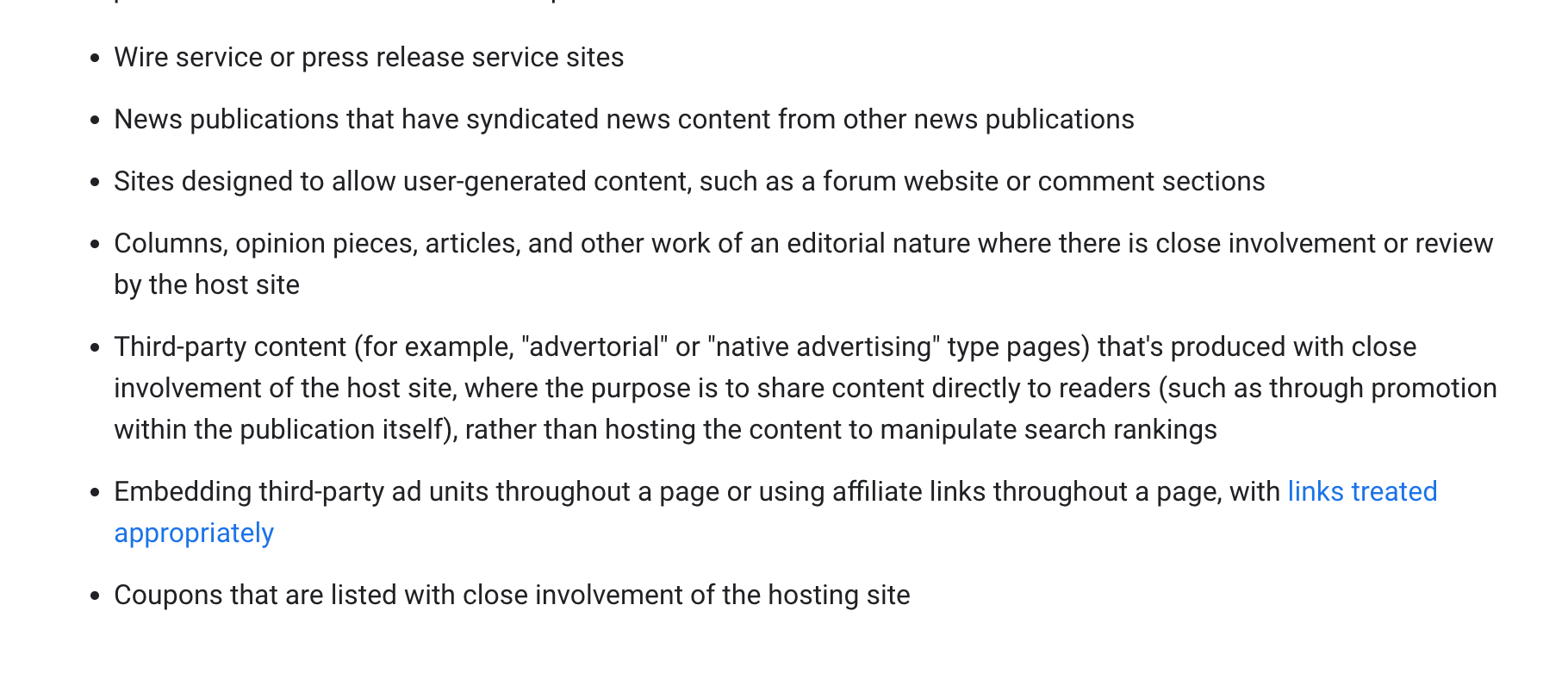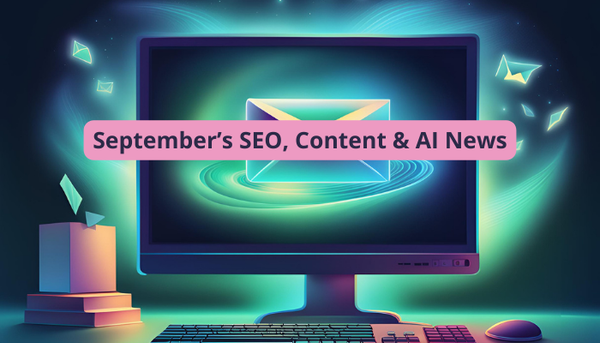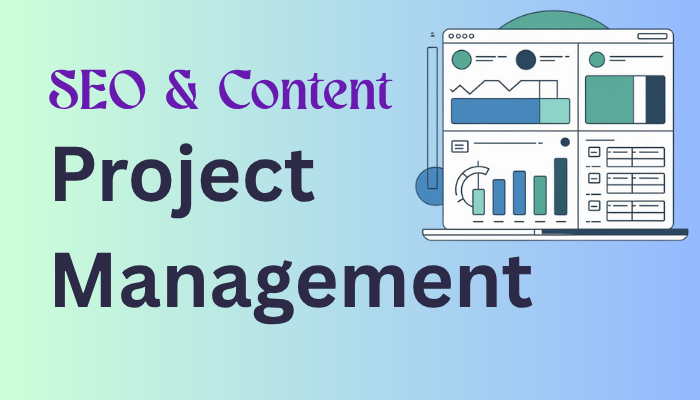March Madness: Google's Big Updates

Google just rolled out a series of updates, that are likely to have some big impacts on SERP visibility, and may change how some sights handle things like programatic content. Let's break it down.
This month Google is busy with updates. They simultaneously rolled out a core update, some spam updates to combat what they perceive as low-quality search results, a new manual update and the introduction of the HCU (helpful content update) as part of their core update.

Deep breath... that's a lot. Let's begin
lets start with the Core/Helpful Content Update. This is supposed to lead to a 40% reduction in unhelpful content in search, says Elizabeth Tucker, Director of Product, Search at Google.
Google says the purpose of this update is:
"designed to improve the quality of Search by showing less content that feels like it was made to attract clicks, and more content that people find useful."
Google has started rolling this out and expects this to be fully rolled out in about a month. They will update their search status page once it is fully complete.
Want to be notified when udpates like this occur? Hit the subscribe button below for important news to be delivered straight to your inbox.
What is the HCU (Helpful Content Update)
As a refresher, the helpful content algorithm update first occured in 2022 as part of a larger system and set of signals used for identifying poor quality content. This works primarily on a page-level, rather than a site-wide level to assess specific pages that are considered unhelpful or created solely for the purpose of SEO, however you may be impacted site-wide if a large percent of your content is deemed unhelpful. According to their FAQ, correcting the content that is identified as part of the HCU will then help your other content improve in rankings.
While Google states that they don't mind AI generated content, I would like to point out that their original announcement of the HCU does state that they look for content written "by people, for people". While Google has gone on the record to state they dont mind AI use in content creation, they do prefer that it has been reviewed and adjusted by humans to be perceived as higher quality.
So what is deemed as helpful content, according to Google? Here are some examples but overall, this isn't an exhaustive list. The best practices of creating original and helpful content in an area you have expertise is holds true.
- Having a clear target audience
- First hand expertise and a depth of knowledge (See my EEAT guide for examples of demonstrating this)
- Writing content for humans, not search engines
- Avoiding extensive automation
- Adding unique value
So now that you know what this, its important to know that this is now part of Google's core algorithm updates going forward. This means it something that Google will evaluate and look for on a more regular and recurring basis.
On to the rest of the updates.
Google's Spam Updates
When Google warns you months in advance, you know it's going to be big. This next update is planning to hit May 5th, 2024, and its not clear if all the updates relating to combatting span will be released at the same time or if some updates have already begun.
These updates according to Google are intended to "address practices that negatively impact the quality of Google search results."
It's important to note that sites affected will be impacted through either an algorithm update, or in some cases manual penalties.
These updates are related to the following practices:
Expired Domain Abuse: This is when people purchase an expired domain that has authority already built up, for the purpose of manipulating search rankings. Often SEOs would redirect the domain to a new one to capture some old authority, or use it to publish content, getting more visibility on an additional site faster than one could with a fresh domain. Google is specifically looking at sites that do this for the purpose of manipulating search rankings.
Scaled Content Abuse: Sometimes this is also referred to as programmatic content or SEO. This is intended to impact sites that create content at scale for the purpose of manipulating search rankings. If you produce AI content at scale, this is has a higher likelyhood of impacting you. Sites that abuse this are most likely to be e-commerce/retail sites, real-estate sites, or blogs - especially in the affiliate area that are mass producing content. I personally think this is a bit ironic considering my earlier newsletter update about Google paying publishers to produce content at scale.
How will Google identify scaled content? That has yet to be verified, but my suspicions are through identifying things such as:
- Content with a high level of similarity to other content (both within your site and on external sites)
- Content that is poorly written or doesn't make sense.
- Large amounts of content published and timestamped within short intervals of each other, especially for older sites which published less frequently or brand new sites.
Here is what Google has specifically around examples of scaled content abuse, which has been added to their spam policies.

We will have to wait and see what we find out more definitively by examining impacted sites.
Site Reputation Abuse: Also referred to as "parasite SEO" which is a tactic in which people publish articles on other, more trustworthy and authoritative sites, with links back to their own site. I believe sites most impacted will be sites publishing content on domains that have no topical association with the content being published for the purpose of a link, but this may also be impactful if it is a core part of your SEO strategy and it looks like a clear pattern of manipulating search results.
Here is what Google provided in their spam policies regarding examples of Site Reputation Abuse

Google has also provided examples of when this type of situation is not considered abusive. Given their recent boost in Reddit due to their new partnership, I am not surprised to see forums listed among these.

What this means for site owners and SEOs
The full impact of this will be a wait-and-see game to see what sites are most impacted, and why. However, we know the impact will be quite large and we know that there will be ranking fluctuations occurring as this rolls out.
What you should do immediately:
Assess your site and tactics:
- If you have been part of any of these practice to a large extent, its important to dial it back and block robots from indexing any content that may be impacted by this update.
If you use an SEO agency, be clear on their practices:
- Make sure any SEO or linkbuilding service is not utilizing any of these tactics to improve your search engine visibility. If they have, correct it right away by removing any redirects from domains acquried for this purpose, removing or no-indexing content used as parasite SEO, and dialing back on any content they may produce at-scale without adding unique value/human touches.
Pay close attention to your analytics:
- Watch your analytics program of choice closely. Check Google Search Console regularly for both any down trends in traffic or any notification of manual penalties. Act swiftly if you are impacted by a penalty, but don't freak out at minor fluctuations until it is a clear trends. Having a knee-jerk reaction to something that may not impact you may do more harm than good.
If you do get impacted:
Don't expect recovery to be easy. Clean up your content, your poor links, and your domains and replace them with high quality content showcasing your expertise. Google will likely judge you more critically before releasing any penalties.
My opinions:
I suspect that sites generating massive amounts of AI content are going to be hit hard. My initial guess will largely be around affiliate sites and blogs popping up overnight with tons of content on subjects the site-creator has little-to-no knowledge of with the purpose of getting high search engine rankings for profit. Although other sites, like I mentioned above, who practice this are also likely to be impacted.
My guess also is that sites who dont use AI but naturally have a lot of thin or relatively similar content (real estate sites) may be unfairly targeted by this update, so it will be important to keep an eye on.
Overall I see a resurgance in discussions around content quality and trustworthiness when it comes to search. We have already had a lot of discussions around EEAT, and I think this hammers in why paying attention to having a good EEAT score is critical.
Best of luck! I will update this post with news and new findings, so stay tuned! Be sure to subscribe for any important updates or for news on future algorithmic changes.




